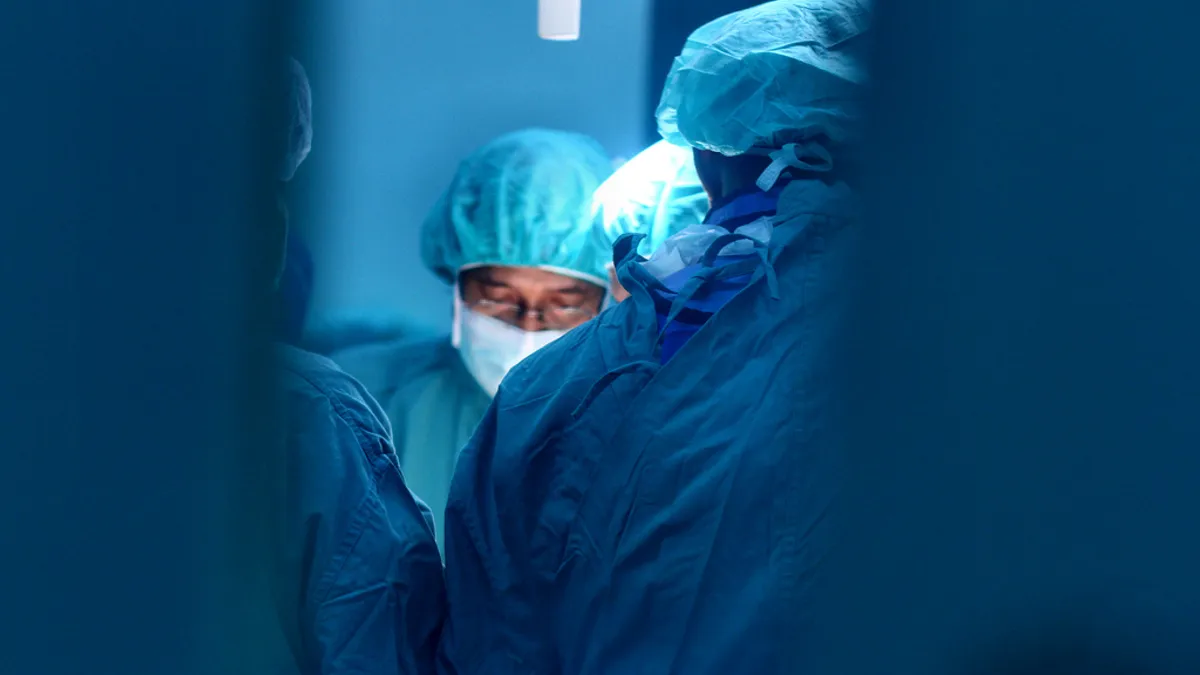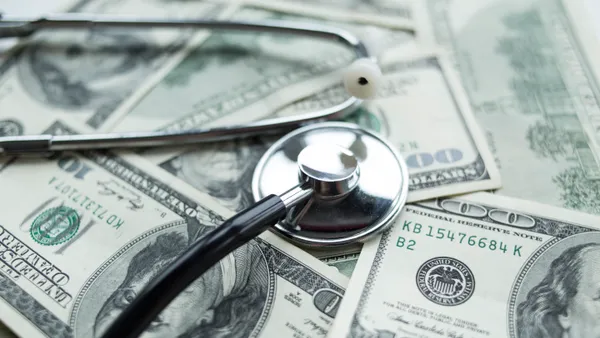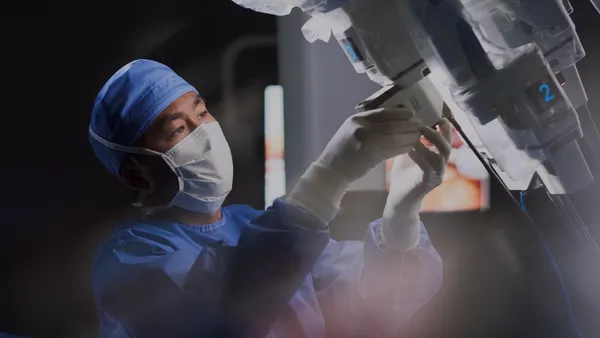Dive Brief:
- FDA has sent a letter to transplant surgeons and cardiologists warning that its final review of results from a post-approval study of SynCardia Systems’ Temporary Total Artificial Heart Companion 2 (C2) Driver System indicates higher death and stroke rates for patients than with the company’s previous driver system.
- Given that the artificial heart’s previous driver, the Circulatory Support System (CSS) Console, is no longer available, physicians may determine that the C2 Driver System is the most appropriate option for patients with severe biventricular failure in need of mechanical circulatory support, FDA said.
- FDA had previously apprised the healthcare community about interim results comparing C2 Driver System patients to CSS Console patients.
Dive Insight:
The SynCardia device is a bridge-to-heart transplant for patients with end-stage biventricular heart failure. Unlike left ventricular assist devices (LVADs) that support the left side of the failing heart, the SynCardia device replaces both the left and right sides of the heart.
The FDA letter to physicians said that survival for patients supported with the C2 Driver System was significantly lower than survival for patients with the CSS Console at three months and six months post-implant. At three months, 65.5% of patients survived with the C2 Driver, compared with 77.5% of patients using the CSS Console. At six months, 60% of patients survived with the C2 Driver, compared with 74.2% on the CSS Console.
The agency recommended physicians discuss the risks and benefits of the C2 Driver system with patients and report any adverse events to the agency.
"The FDA will continue to work with SynCardia to ensure that the product labeling addresses the post-approval study findings," FDA said.
SynCardia is intended for patients at risk of dying or becoming too sick to transplant, when a donor heart is not available or not an option. The device replaces a patient's native ventricles and valves to take over the pumping of blood. The external pneumatic driver activates the implanted device.
According to SynCardia, the temporary total artificial heart has been implanted in more than 1,700 patients worldwide, with several patients supported on the device for more than 4.5 years.
FDA approved the SynCardia total artificial heart in 2004, with the CSS Console as its driver system. The smaller C2 Driver System was approved in 2012. Both systems were approved for use only in the hospital setting. FDA also approved the portable Freedom Driver System in 2014 for use outside of the hospital, allowing some patients to return home.
Versa Capital Management, a Philadelphia-based private equity firm, acquired Tucson, Ariz.-based SynCardia in September 2016.











